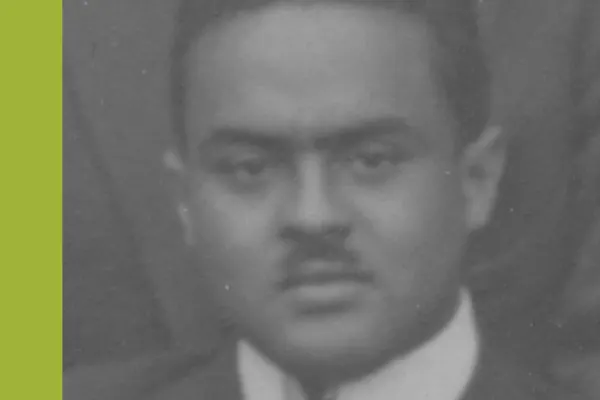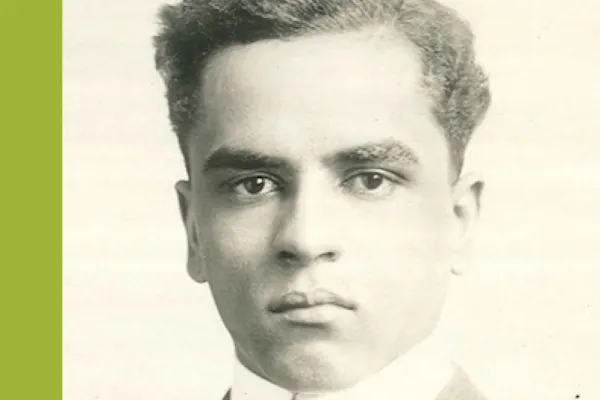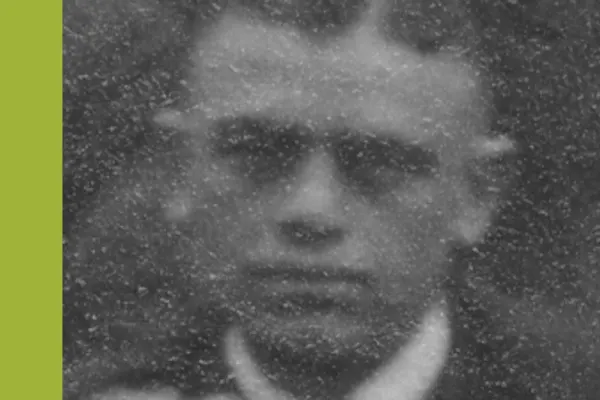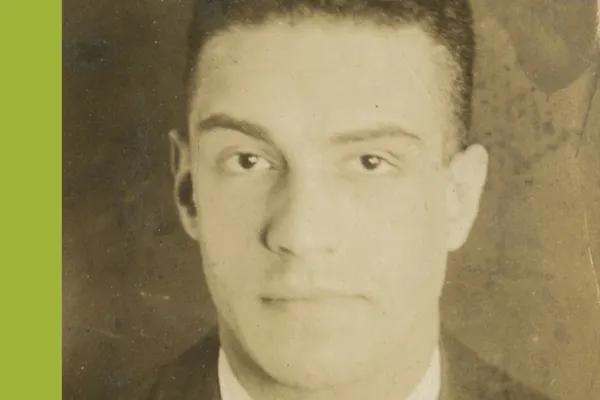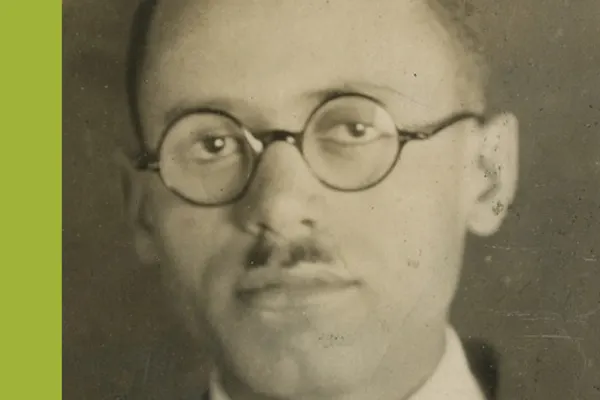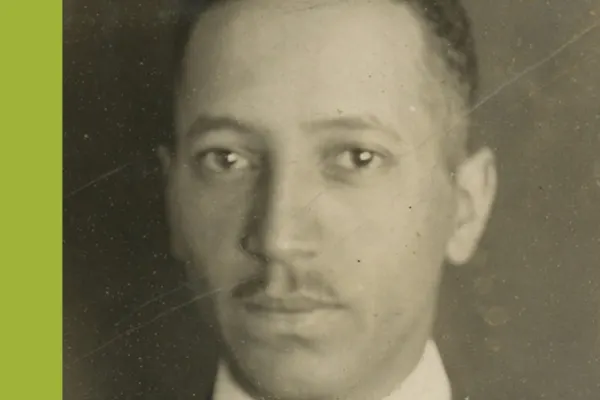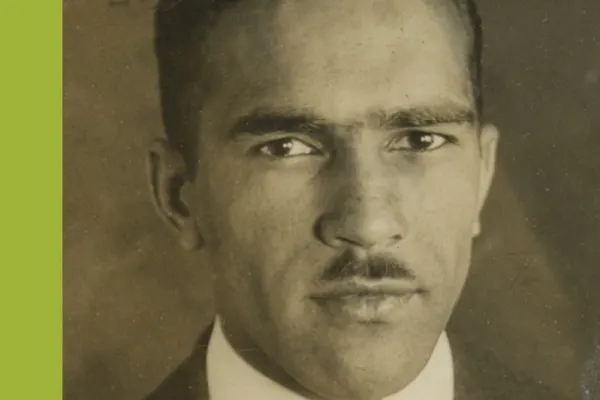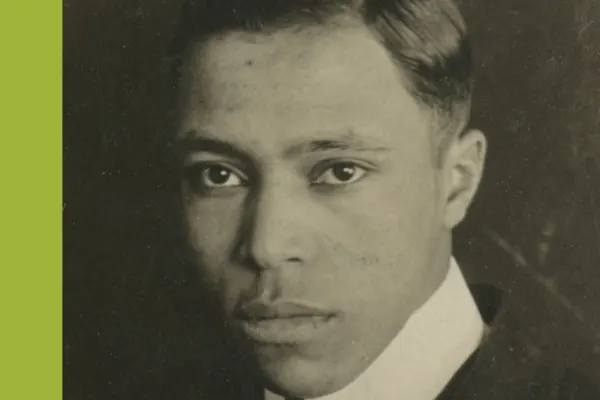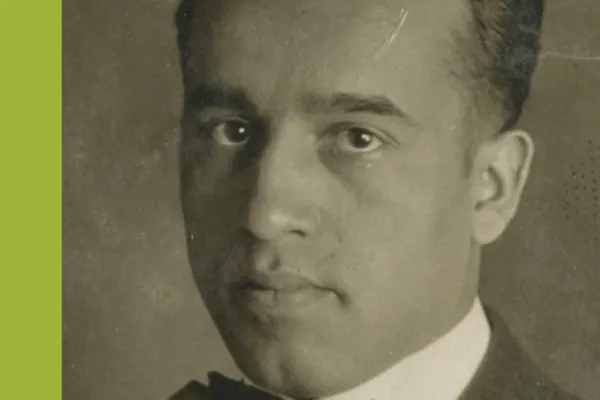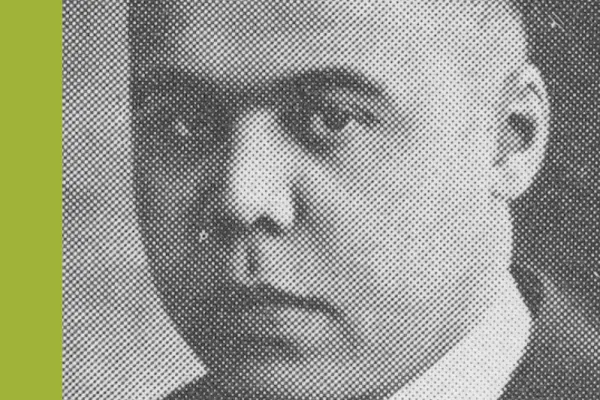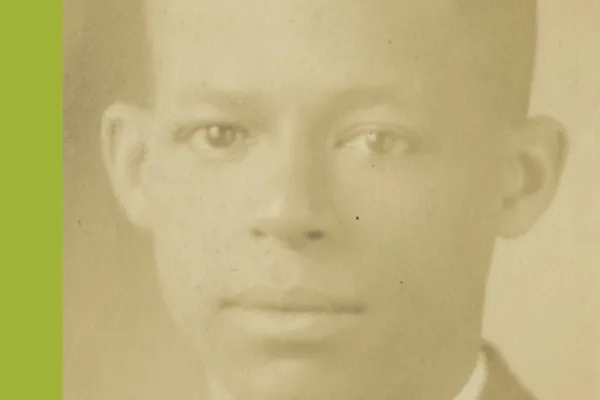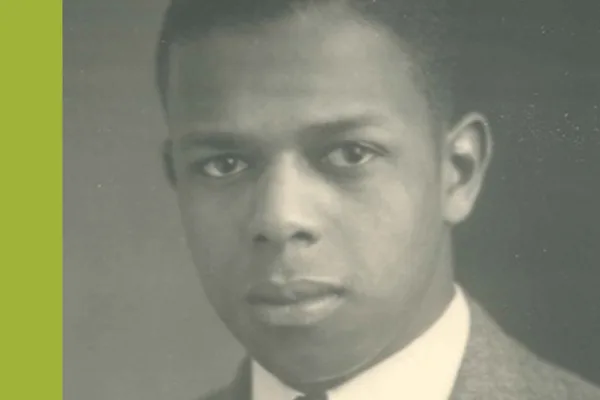Student Pioneers
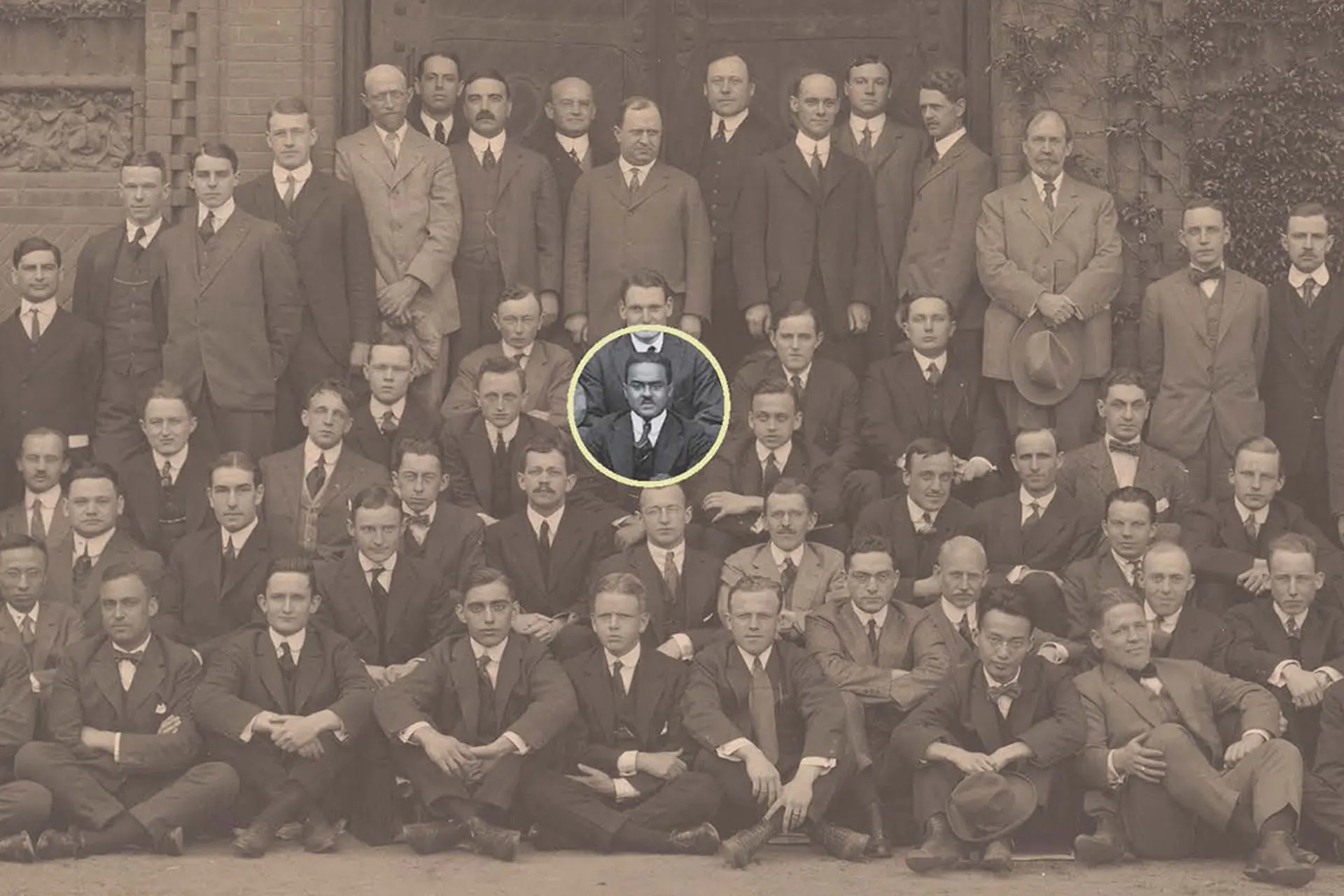
The Value of Business Education
Among the most influential African American leaders of the late nineteenth century, W. E. B. Du Bois and Booker T. Washington both espoused the value of business education. Washington served as principal of Tuskegee University, which provided vocational training in agriculture and industry, from its founding in 1881. (1) Du Bois believed a liberal arts education played a critical role in the economic advancement of African Americans. "For the Negro then to go into business means a great deal," Du Bois wrote. "It is, indeed, a step in social progress worth measuring." (2) Harvard Business School (HBS), the country's first graduate program in business administration, opened its doors in 1908. Many of the first African American students came from historically black colleges and universities (HBCUs) as well as Harvard College. They were among the earliest students in the country to earn an MBA. The first known African American graduate of HBS was Wendell Thomas Cunningham (MBA '15).
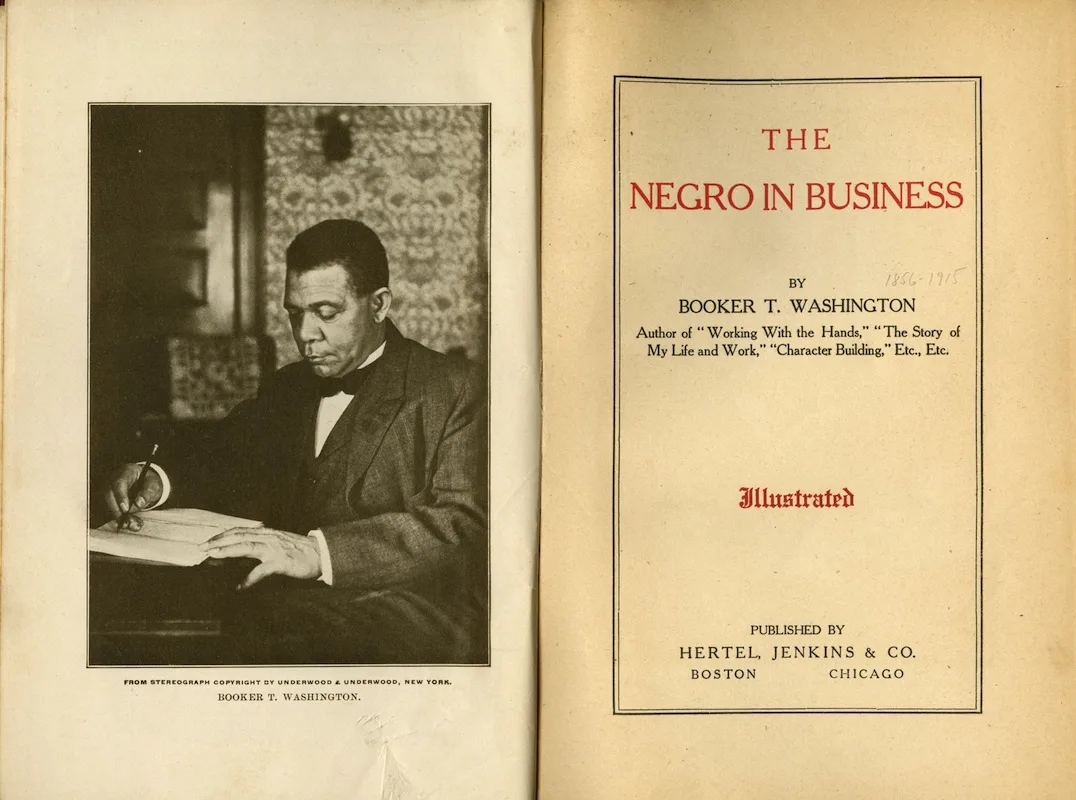
Booker T. Washington. The Negro in Business. Boston, Chicago: Hertel Jenkins & Co. [1907]. Baker Library, Harvard Business School.
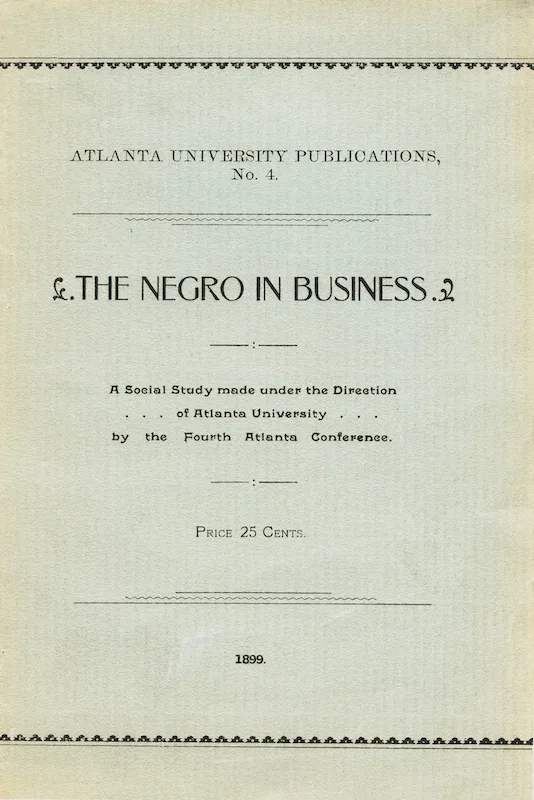
W. E. Burghardt Du Bois, ed. The Negro in Business: Report of A Social Study made under the Direction of Atlanta University by the Fourth Atlanta Conference, Together with the Proceedings of the Fourth Conference for the Study of the Negro Problems, held at Atlanta University, May 30-31, 1899. Atlanta, GA: Atlanta University Press, 1899. Courtesy of Widener Library, Harvard University.
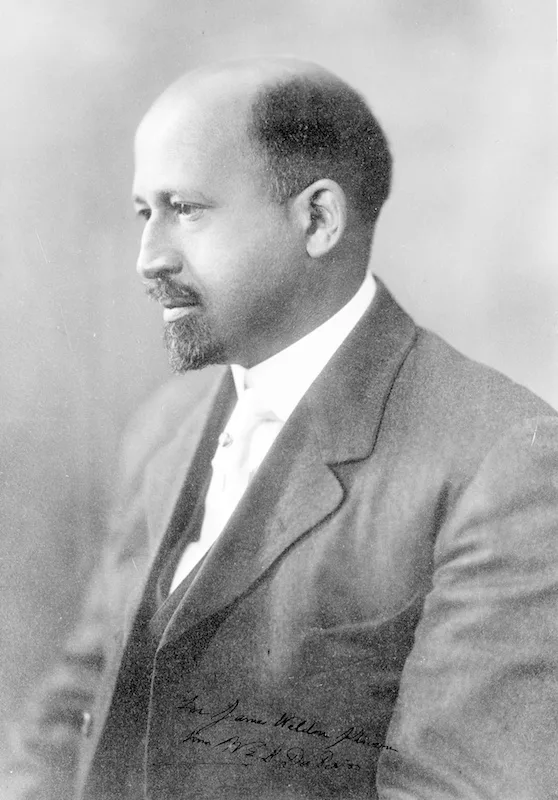
W. E. B. Du Bois, ca. 1928. Photographs of Prominent African Americans. James Weldon Johnson Collection in the Yale Collection of American Literature. Courtesy of Beinecke Rare Book and Manuscript Library.
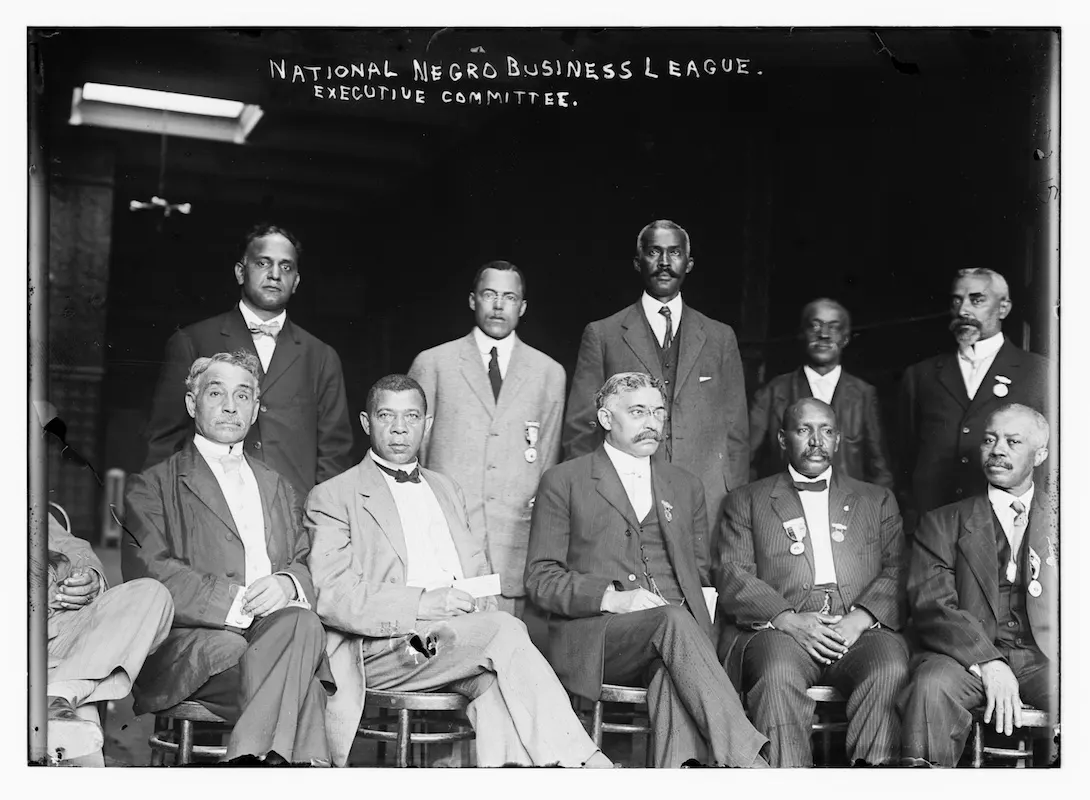
Executive Committee, National Negro Business League, ca. 1910. George Grantham Bain Collection. Courtesy of the Library of Congress Prints and Photographs Division.

W. E. Burghardt Du Bois, ed. The Negro in Business: Report of A Social Study made under the Direction of Atlanta University by the Fourth Atlanta Conference, Together with the Proceedings of the Fourth Conference for the Study of the Negro Problems, held at Atlanta University, May 30-31, 1899. Atlanta, GA: Atlanta University Press, 1899. Courtesy of Widener Library, Harvard University.

W. E. B. Du Bois, ca. 1928. Photographs of Prominent African Americans. James Weldon Johnson Collection in the Yale Collection of American Literature. Courtesy of Beinecke Rare Book and Manuscript Library.

Executive Committee, National Negro Business League, ca. 1910. George Grantham Bain Collection. Courtesy of the Library of Congress Prints and Photographs Division.

Booker T. Washington. The Negro in Business. Boston, Chicago: Hertel Jenkins & Co. [1907]. Baker Library, Harvard Business School.

W. E. B. Du Bois, ca. 1928. Photographs of Prominent African Americans. James Weldon Johnson Collection in the Yale Collection of American Literature. Courtesy of Beinecke Rare Book and Manuscript Library.

Executive Committee, National Negro Business League, ca. 1910. George Grantham Bain Collection. Courtesy of the Library of Congress Prints and Photographs Division.

Booker T. Washington. The Negro in Business. Boston, Chicago: Hertel Jenkins & Co. [1907]. Baker Library, Harvard Business School.

W. E. Burghardt Du Bois, ed. The Negro in Business: Report of A Social Study made under the Direction of Atlanta University by the Fourth Atlanta Conference, Together with the Proceedings of the Fourth Conference for the Study of the Negro Problems, held at Atlanta University, May 30-31, 1899. Atlanta, GA: Atlanta University Press, 1899. Courtesy of Widener Library, Harvard University.
Organized by W. E. B. Du Bois under the auspices of Atlanta University, the Atlanta Conferences addressed pressing economic issues that the Black community faced. The fourth annual conference was entitled "The Negro in Business." In 1900, Booker T. Washington founded the National Negro Business League (NNBL) to promote commercial and financial endeavors in the African American community. By 1914, it had grown to more than 10,000 members in 600 chapters.
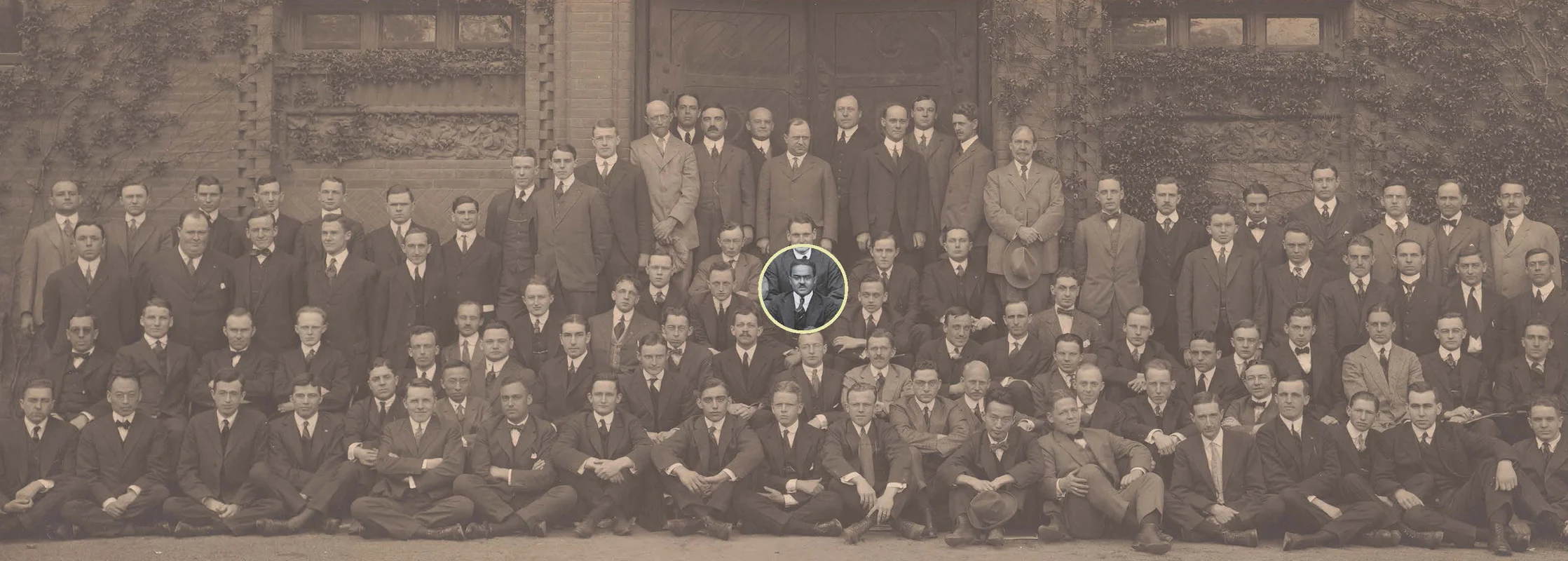
Harvard Business School Class of 1914-1915. HBS Archives Photograph Collection: Student Life. Baker Library, Harvard Business School. olvwork375329
Wendell Thomas Cunningham (MBA '15), pictured center, was the first known African American HBS graduate. He joined Cunningham & Sons, a prominent real estate firm in Atlanta, founded by his father Samuel Cunningham, who had been born into slavery.
Between 1915 and 1930 approximately 12 African Americans attended HBS. They forged successful careers in insurance, real estate, and finance, as well as higher education, government, and public service.
The Golden Age of Black Business
Business historian Juliet E. K. Walker refers to the era from 1900 to 1930 as the "golden age of black business" where "leading black capitalists . . . reflected their success within a black economy, which developed in response to the nation's rise of two worlds of race." (3) African Americans who attended HBS during this time went on to make significant contributions in diverse fields and in their communities. Norris B. Herndon, for example, played a pivotal role in his family's insurance company, one of the largest African American owned businesses in Atlanta. H. Naylor Fitzhugh served as an influential professor at Howard University and assumed a senior executive position at the Pepsi–Cola Company. The accomplishment of other graduates such as Benjamin Tanner Johnson and Monroe Davis Dowling were deeply felt in both the private and public sectors. From 1915 to the founding of the African-American Student Union in 1968, however, fewer than 50 African American students had attended HBS.
Norris Bumstead Herndon, MBA 1921
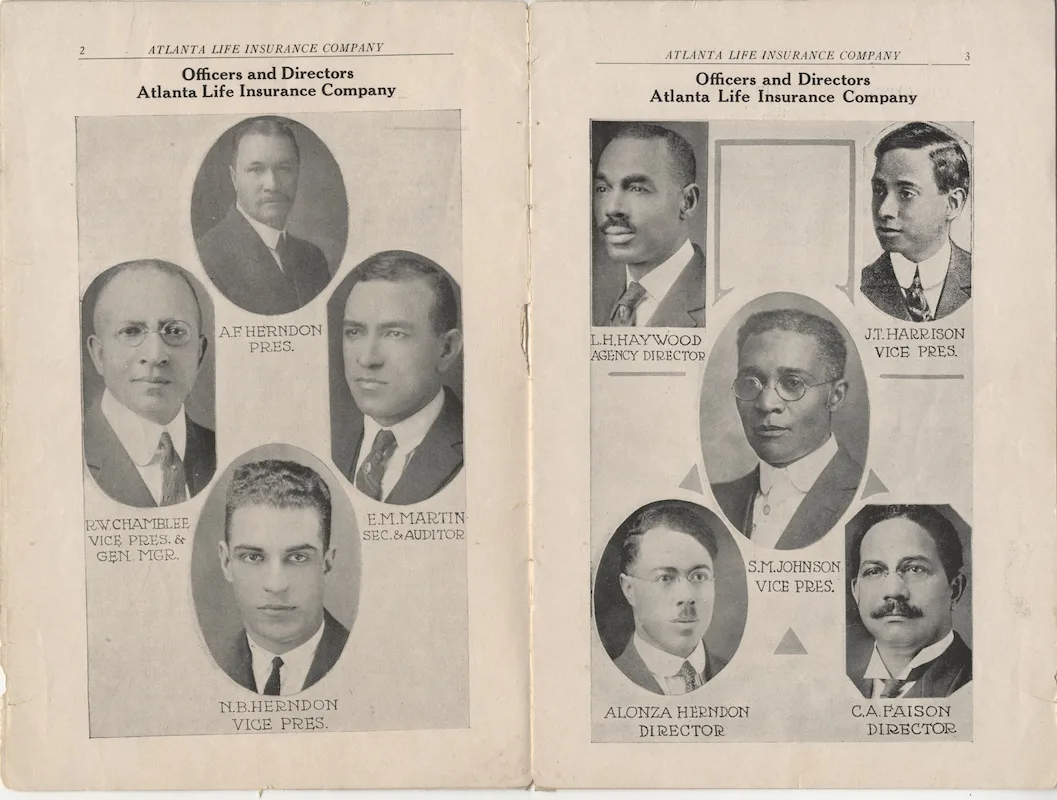
Officers and Directors of Atlanta Life Insurance Company, ca. 1923. Atlanta Life Insurance Company Records. Courtesy of the Auburn Avenue Research Library on African-American Culture and History.
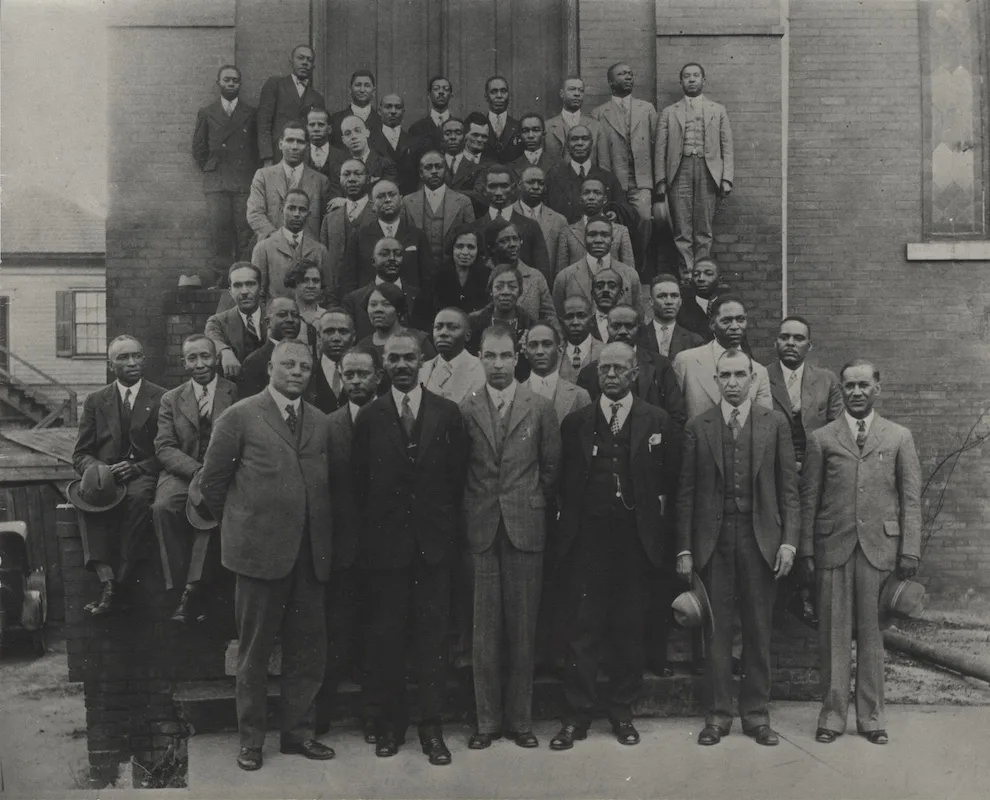
Atlanta Life Insurance Company employees, ca. 1930. Atlanta Life Insurance Company Records. Courtesy of the Auburn Avenue Research Library on African-American Culture and History.
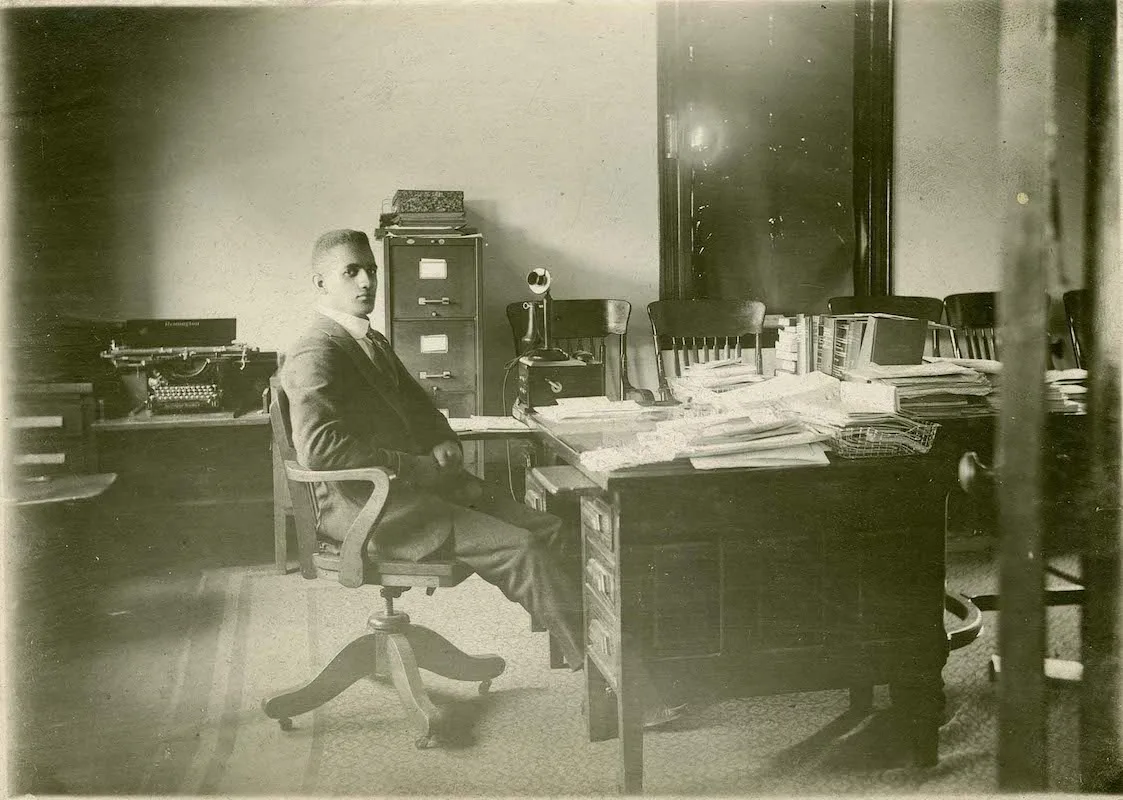
Norris B. Herndon, undated. William B. Matthews Collection. Courtesy of the Auburn Avenue Research Library on African-American Culture and History.

Atlanta Life Insurance Company employees, ca. 1930. Atlanta Life Insurance Company Records. Courtesy of the Auburn Avenue Research Library on African-American Culture and History.

Norris B. Herndon, undated. William B. Matthews Collection. Courtesy of the Auburn Avenue Research Library on African-American Culture and History.

Officers and Directors of Atlanta Life Insurance Company, ca. 1923. Atlanta Life Insurance Company Records. Courtesy of the Auburn Avenue Research Library on African-American Culture and History.

Norris B. Herndon, undated. William B. Matthews Collection. Courtesy of the Auburn Avenue Research Library on African-American Culture and History.

Officers and Directors of Atlanta Life Insurance Company, ca. 1923. Atlanta Life Insurance Company Records. Courtesy of the Auburn Avenue Research Library on African-American Culture and History.

Atlanta Life Insurance Company employees, ca. 1930. Atlanta Life Insurance Company Records. Courtesy of the Auburn Avenue Research Library on African-American Culture and History.
After earning his MBA, Norris B. Herndon returned to Atlanta to oversee the growth of the Atlanta Life Insurance Company (today the Atlanta Life Financial Group), founded by his father Alonzo. Herndon continued his family's tradition of philanthropy with major financial contributions to the United Negro College Fund and the NAACP.
Benjamin Tanner Johnson, MBA 1921
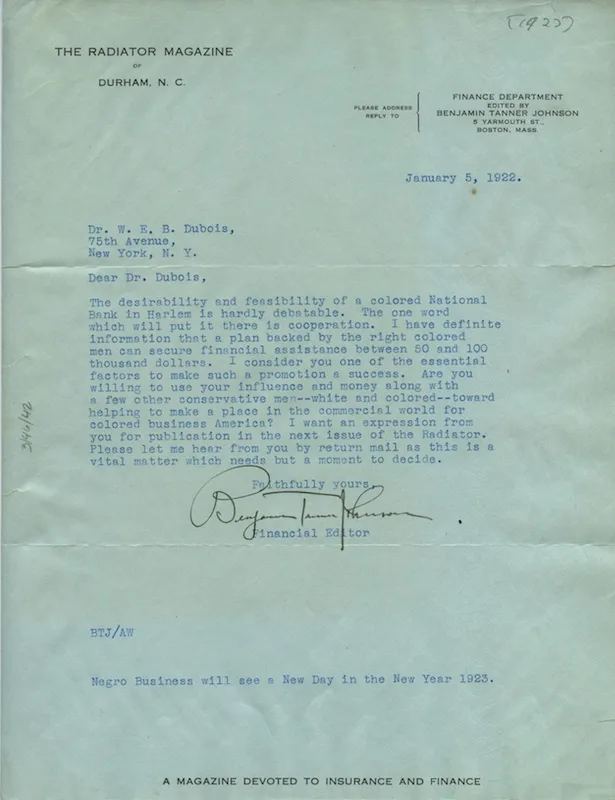
Letter from Benjamin Tanner Johnson to W. E. B. Du Bois, January 5, 1922. W. E. B. DuBois Papers. Courtesy of Special Collections and University Archives, University of Massachusetts Amherst Libraries.
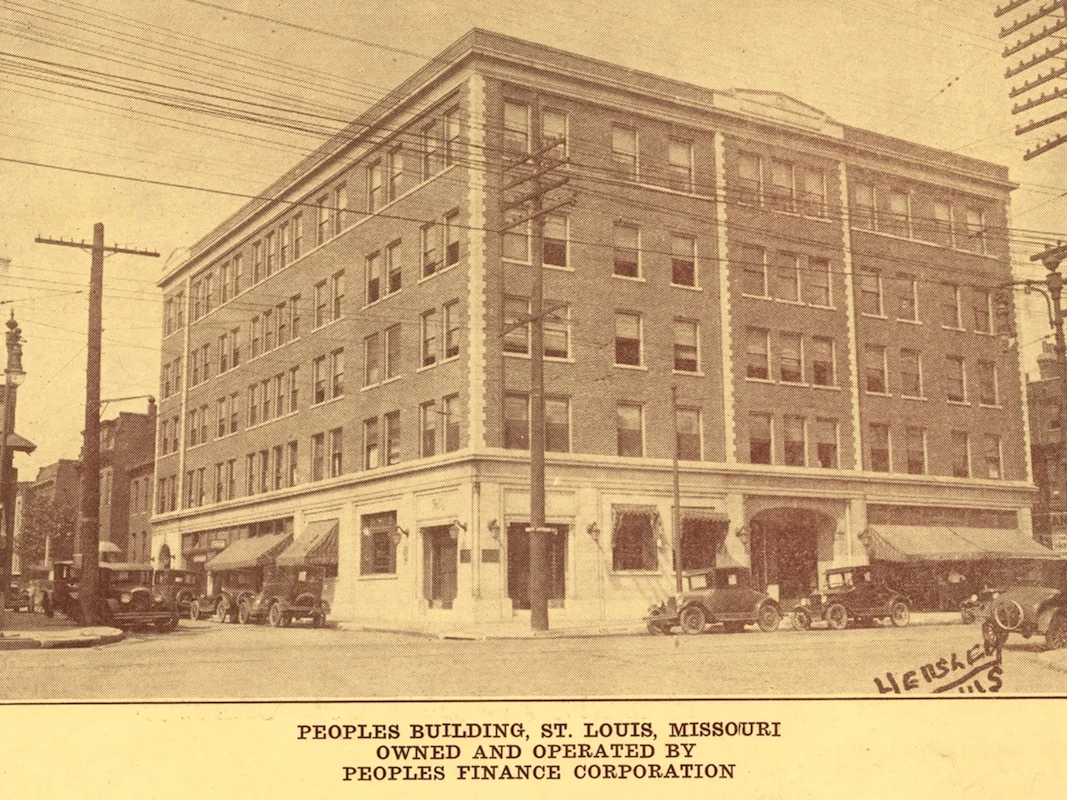
An Idea-the Seed; A Million-the Harvest. St. Louis, MO: Peoples Finance Corporation, 1926. Benjamin Tanner Johnson Papers, b. 1. Baker Library, Harvard Business School.
Benjamin Tanner Johnson was a tireless champion for African American owned banks and eventually helped found the New England People's Finance Company (an African American bank and lender). He also worked as a Connecticut state supervisor in the Works Progress Administration (WPA), taught finance at Howard University, and was executive secretary in the Urban League of Canton, Ohio.
Monroe Davis Dowling, MBA 1931
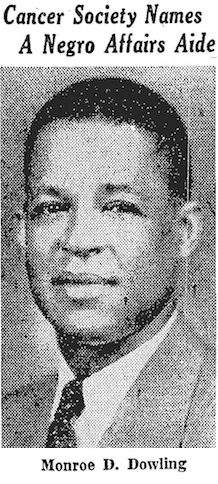
New York Times, January 3, 1956.
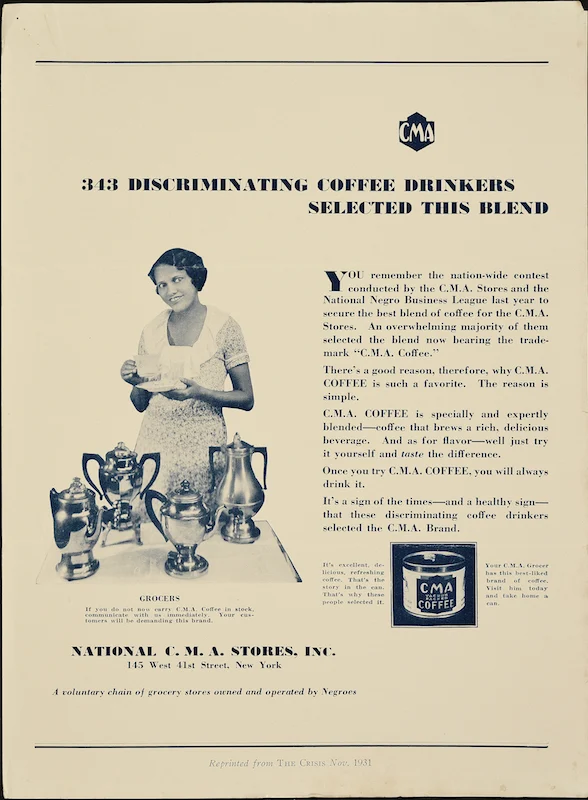
Advertisement for National C.M.A. Stores, Inc., ca. 1931. Moton Family Papers. Courtesy of the Library of Congress Manuscript Division.
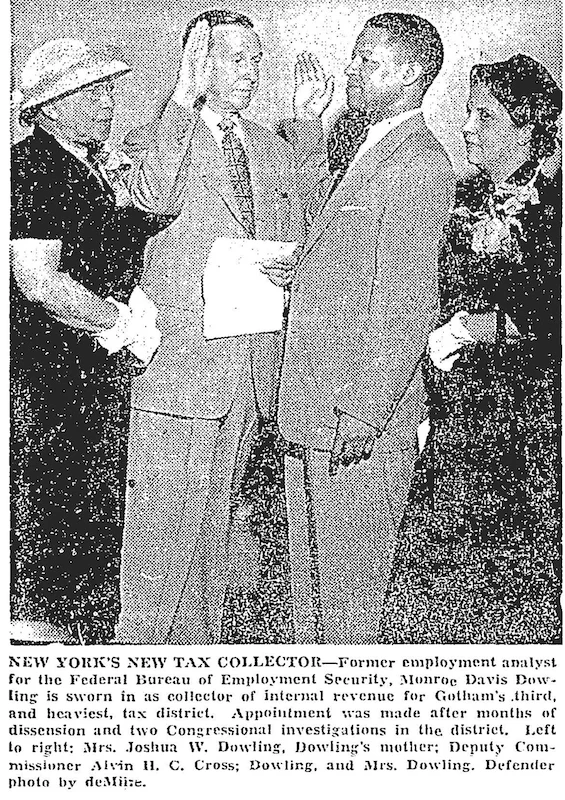
“New York's New Tax Collector”, Chicago Defender, August 25, 1951. Used with permission of the Chicago Defender.
Howard Naylor Fitzhugh, MBA 1933
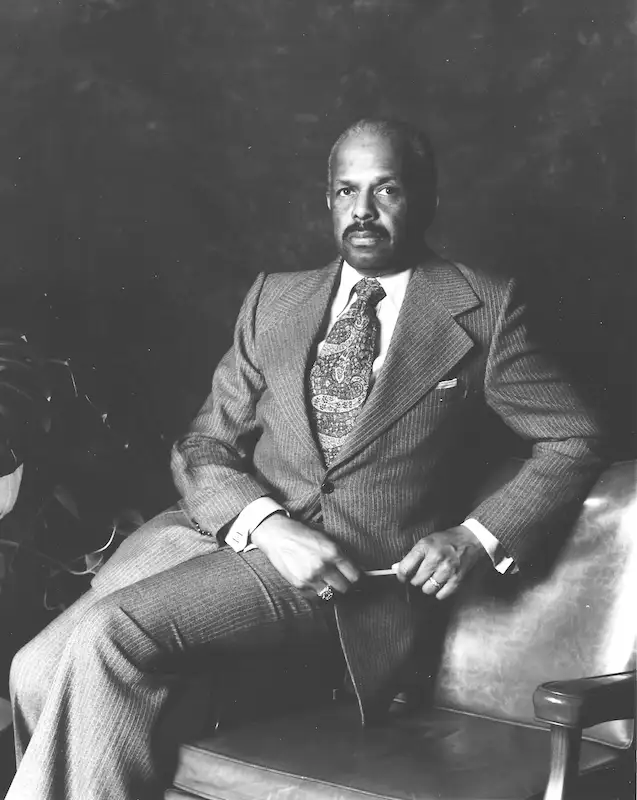
H. Naylor Fitzhugh portrait, undated. H. Naylor Fitzhugh Papers. Courtesy of Moorland-Spingarn Research Center, Founders Library, Howard University.
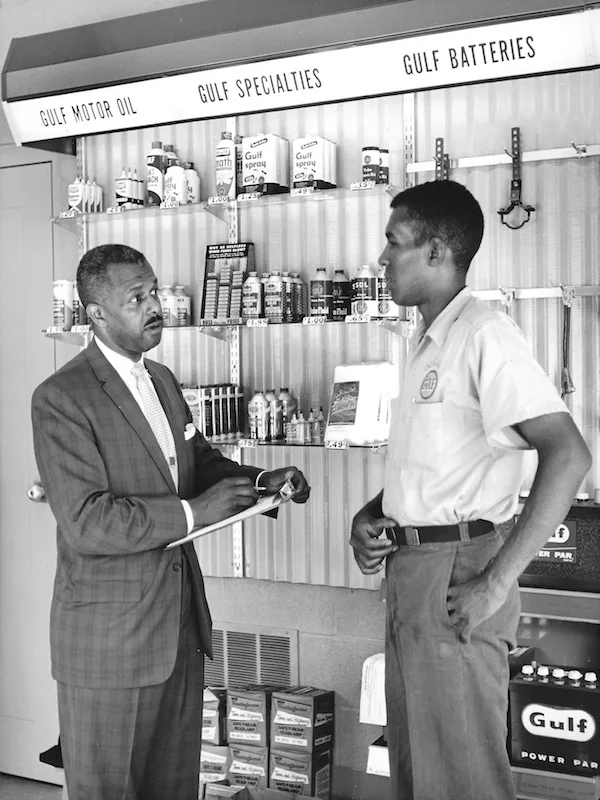
H. Naylor Fitzhugh conducting research at Gulf Oil. H. Naylor Fitzhugh Papers. Courtesy of Moorland-Spingarn Research Center, Founders Library, Howard University.
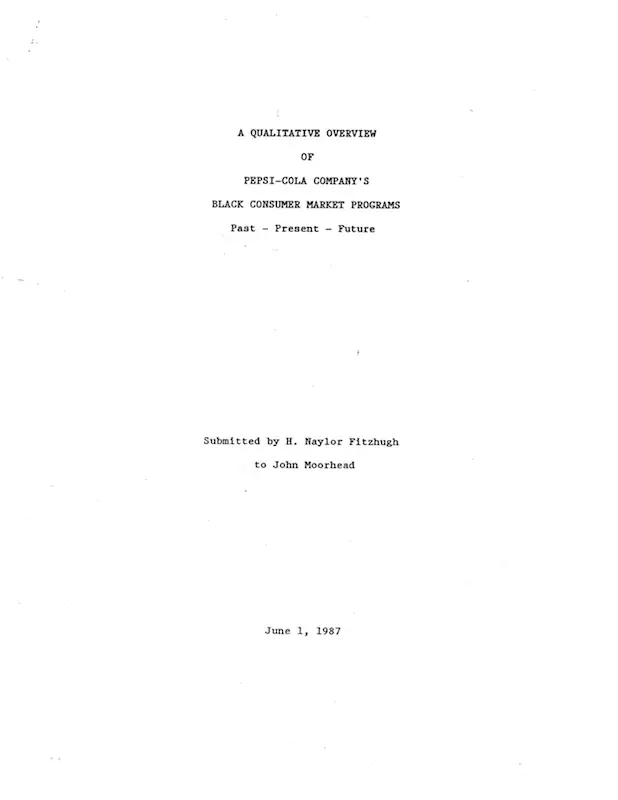
H. Naylor Fitzhugh. “A Qualitative Overview of Pepsi-Cola Company's Black Consumer Market Programs, June 1, 1987.” H. Naylor Fitzhugh Papers. Courtesy of Moorland-Spingarn Research Center, Founders Library, Howard University.

H. Naylor Fitzhugh conducting research at Gulf Oil. H. Naylor Fitzhugh Papers. Courtesy of Moorland-Spingarn Research Center, Founders Library, Howard University.

H. Naylor Fitzhugh. “A Qualitative Overview of Pepsi-Cola Company's Black Consumer Market Programs, June 1, 1987.” H. Naylor Fitzhugh Papers. Courtesy of Moorland-Spingarn Research Center, Founders Library, Howard University.

H. Naylor Fitzhugh portrait, undated. H. Naylor Fitzhugh Papers. Courtesy of Moorland-Spingarn Research Center, Founders Library, Howard University.

H. Naylor Fitzhugh. “A Qualitative Overview of Pepsi-Cola Company's Black Consumer Market Programs, June 1, 1987.” H. Naylor Fitzhugh Papers. Courtesy of Moorland-Spingarn Research Center, Founders Library, Howard University.

H. Naylor Fitzhugh portrait, undated. H. Naylor Fitzhugh Papers. Courtesy of Moorland-Spingarn Research Center, Founders Library, Howard University.

H. Naylor Fitzhugh conducting research at Gulf Oil. H. Naylor Fitzhugh Papers. Courtesy of Moorland-Spingarn Research Center, Founders Library, Howard University.
After earning his MBA, H. Naylor Fitzhugh became a professor of accounting at Howard University, where he taught for over 30 years. There he developed the marketing program and organized the Howard University Small Business Development Center. He joined the Pepsi–Cola Company in 1965. The first African American executive at the company, he made pioneering contributions to the field of target marketing as vice president for special markets. Fitzhugh was long recognized and revered for his role as a mentor and for the impact he made on the lives of African American students, including Lillian Lincoln Lambert (MBA '69), one of the founders of AASU. In 1996, HBS endowed the H. Naylor Fitzhugh professorship, and in 2002 AASU renamed its annual conference in his honor.
Washington, Booker T. The Negro in Business. Boston: Hertel, Jenkins & Co., 1907.
W. E. Burghardt Du Bois, Ed. The Negro in Business: Report of a Social Study made under the direction of Atlanta University; together with the proceedings of the Fourth Conference for the study of the Negro Problems, held at Atlanta University, May 30-31, 1899. Atlanta, GA: Atlanta University Press, 1899, p. 5.
Juliet E. K. Walker, The History of Black Business in America: Capitalism, Race, Entrepreneurship, volume 2, 2nd ed. Chapel Hill: The University of North Carolina Press, 2009, 183.
